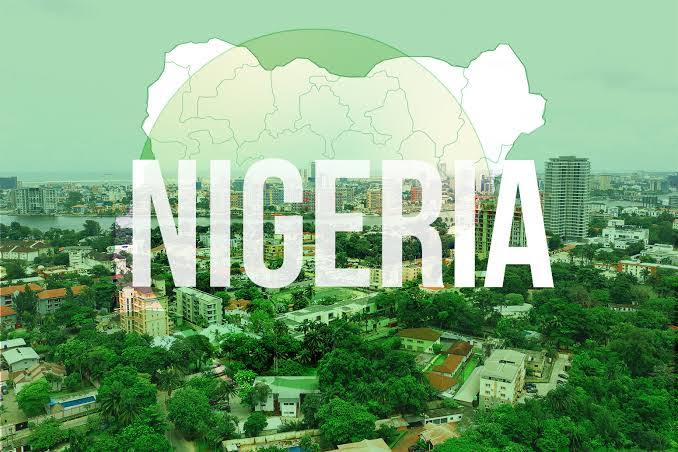Breaking News
Nigeria’s Infrastructure Deficit Could Reach $2.3 Trillion by 2043, Experts Warn
The dialogue brought together policymakers, development partners, financiers, and private sector stakeholders to discuss the estimated deficit under the National Integrated Infrastructure Master Plan (NIIMP). Discussions centered on the critical role of Public-Private Partnerships (PPPs) and the need for stronger project preparation to attract private capital.

Experts convened in Abuja on Tuesday revealed that Nigeria’s infrastructure deficit is projected to hit $2.3 trillion by 2043 if not adequately addressed. The warning was issued during a pre-summit dialogue ahead of the 31st Nigerian Economic Summit (NES #31), convened by the Nigerian Economic Summit Group (NESG) in collaboration with the UK Nigeria Infrastructure Advisory Facility (UKNIAF).
The dialogue brought together policymakers, development partners, financiers, and private sector stakeholders to discuss the estimated deficit under the National Integrated Infrastructure Master Plan (NIIMP). Discussions centered on the critical role of Public-Private Partnerships (PPPs) and the need for stronger project preparation to attract private capital.
In his welcome address, NESG Board Director Nnanna Ude stressed that “unlocking private capital through well-prepared projects is critical to achieving inclusive and sustainable development.” He reiterated NESG’s commitment to advancing reforms that strengthen Nigeria’s investment climate.
Delivering the keynote, the UKNIAF team led by Abdul Oladapo identified weak project preparation as Nigeria’s most significant barrier to effective PPPs. They pointed to “poorly structured proposals, limited feasibility studies, and weak institutional capacity” as key factors deterring investment. The team called for systematic approaches through the Nigeria Project Preparation Facility (NPPF), which is backed by a Federal Government allocation of ₦42 billion in the 2024 and 2025 budgets.
A high-level panel session moderated by Engr. Nyananso Gabriel Ekanem of the NESG featured experts from government, finance, and development sectors. Key insights included:
* The need for stronger risk assessment and technical expertise to improve bankability (ICRC).
* Embedding effective risk-sharing mechanisms into contracts (REA).
* Creating recycling funds from successful transactions and leveraging climate finance (PPP specialists).
* Establishing entities that integrate skills to safeguard capital (AFC).
Panelists collectively emphasized that “robust institutional frameworks, technical capacity, and de-risked pipelines are essential to mobilising long-term capital.”
Earlier, Saadiya Aliyu, Facilitator of the NESG Infrastructure Commission, called for “stronger collaboration between government, private sector, and development partners to drive sustainable infrastructure growth.”
The dialogue concluded with a unified call to prioritize bankable project preparation as the foundation for unlocking Nigeria’s infrastructure transformation. These deliberations will shape discussions at NES #31, scheduled for October 2025.










